On Tuesday 21st, Tesla Motors TSLA -1.30%, Inc. made an offer to acquire SolarCity Corp. Elon Musk is a co-founder, Chairman, and major shareholder of both companies, so the situation is rife with potential conflicts of interest.
The market’s verdict was swift as Tesla ended the day down about 10% and SolarCity up about 3%.
[Ken Kam / FORBES]
Oppenheimer & Co. analysts including Colin Rusch downgraded Tesla in a research note published late Tuesday, saying they expect “a robust shareholder fight over this acquisition centered on corporate governance.”
“We believe investors are likely to view this transaction as a bailout for SCTY and a distraction to Tesla’s own production hurdles,” said Rusch in the note.
Credit Suisse Group AG analysts including Patrick Jobin said in a separate note that they expect “resistance from Tesla shareholders” and warned of “many corporate governance challenges.”
[Dana Hull / BLOOMBERG]

Elon Musk and his family could stand to gain $700 million in Tesla shares from SolarCity deal. Image Credit: Recodedotnet
The two companies have been moving toward a closer partnership for some time. SolarCity began installing Tesla batteries in pilot projects for residential and commercial customers about four years ago. Last year, Tesla announced its move to market rechargeable lithium-ion battery packs that could mount to a home garage wall, as well as battery blocks large enough to power commercial and industrial customers and serve in utility-scale installations to smooth out fluctuations in the grid.
At the same time, SolarCity, after years of challenging the utility industry to innovate or die, started acting more like a utility itself. It began a program aimed at cities, remote communities, campuses and military bases to design and operate small, independent power networks called microgrids. At the time, Peter Rive, one of the company’s founders and its chief technical officer, called the system “a template that can be scaled up to basically be the next-generation grid.”
[Diane Cardwell / NEWYORK TIMES]
Tesla has published its offer to SolarCity on its blog, and reads as follows:
If completed, we believe that a combination of Tesla and SolarCity would provide significant benefits to our shareholders, customers and employees:
We would be the world’s only vertically integrated energy company offering end-to-end clean energy products to our customers. This would start with the car that you drive and the energy that you use to charge it, and would extend to how everything else in your home or business is powered. With your Model S, Model X, or Model 3, your solar panel system, and your Powerwall all in place, you would be able to deploy and consume energy in the most efficient and sustainable way possible, lowering your costs and minimizing your dependence on fossil fuels and the grid.
We would be able to expand our addressable market further than either company could do separately. Because of the shared ideals of the companies and our customers, those who are interested in buying Tesla vehicles or Powerwalls are naturally interested in going solar, and the reverse is true as well. When brought together by the high foot traffic that is drawn to Tesla’s stores, everyone should benefit.
We would be able to maximize and build on the core competencies of each company. Tesla’s experience in design, engineering, and manufacturing should help continue to advance solar panel technology, including by making solar panels add to the look of your home. Similarly, SolarCity’s wide network of sales and distribution channels and expertise in offering customer-friendly financing products would significantly benefit Tesla and its customers.
We would be able to provide the best possible installation service for all of our clean energy products. SolarCity is the best at installing solar panel systems, and that expertise translates seamlessly to the installation of Powerwalls and charging systems for Tesla vehicles.
Culturally, this is a great fit. Both companies are driven by a mission of sustainability, innovation, and overcoming any challenges that stand in the way of progress.
[Tesla Team / TESLA BLOG]




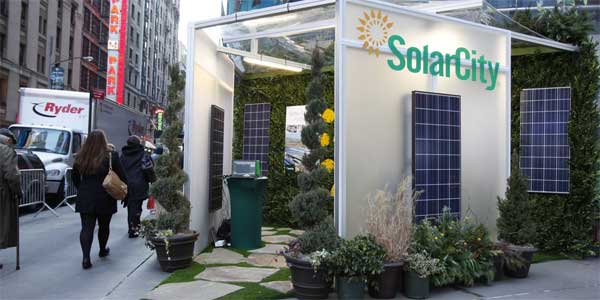


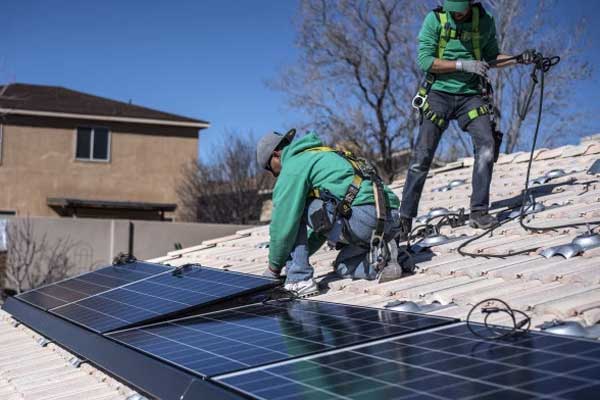
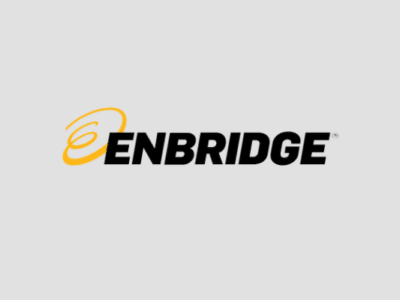

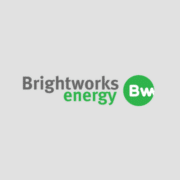
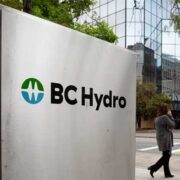
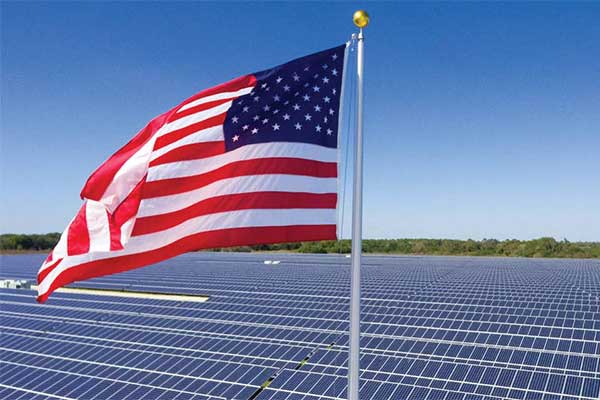
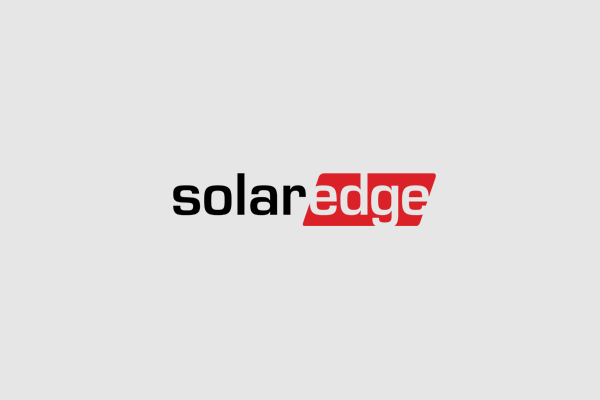

Comments